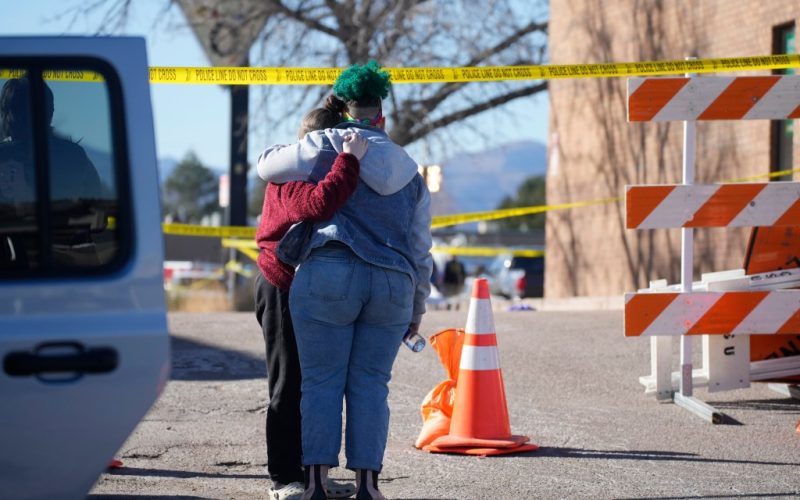As New York City moves forward with plans to close Rikers Island, city leaders should consider the voices of those most impacted by crime — victims, survivors and their families — in shaping the future of justice.
A recent report from the Independent Rikers Commission — on which I sit — and the Alliance for Safety and Justice, titled, “New York City Crime Survivors Speak,” reveals an essential, if perhaps surprising, truth: most crime survivors overwhelmingly prefer rehabilitation, prevention, and treatment over the often ineffective punishment that has been historically distributed.
Crime survivors also laid bare within the report the need for a more meaningful investment in services and programs to meet crime victims’ needs for support, care, and justice.
Based on a survey of 1,800 New Yorkers, including 1,296 crime survivors, the report shows that the vast majority favor reforms centered on treatment rather than incarceration. This is not merely a preference; it reflects the experiences of those directly impacted by crime and challenges the long-held assumption that harsh punishment is what victims want.
The report also highlights a strong consensus among crime survivors:
- 75% prefer policies that expand mental health and drug treatment programs over incarceration.
- 86% believe that individuals struggling with mental illness and addiction should be in secure treatment facilities rather than jail.
- 91% support expediting trials, recognizing the burdens of delays on victims and the accused.
- 65% prefer that people in jail be held in smaller, community-based facilities closer to courts.
Every one of those policies is a part of the commission’s plan to close Rikers, a jail complex that has long been a stain on New York City. Rikers is fundamentally unsafe — for those detained there and for those who work there.
For decades, our city tolerated unacceptable levels of violence and lack of services in the jails. That is bad enough on its own, but it’s even worse when we recognize that most people on Rikers have been crime victims themselves. Missed opportunities in the community to promote their healing are compounded by the ugly harms of Rikers.
The staggering cost of holding someone awaiting trial on Rikers — $507,000 per person per year — reinforces the urgency for change. In sharp contrast to this remarkable expense, too few resources are spent to help survivors heal and thrive. Only 6% of violent crime victims reported receiving any compensation from New York State. Just more than one-third of violent crime victims said they received any mental health counseling, leaving trauma unaddressed for many.
This lack of support for crime victims underscores the broader failures of the current system, including the ongoing crisis on Rikers Island. Moving toward a justice system that prioritizes treatment, prevention, and safety will do far more to reduce harm than one that has historically relied on an environment of chaos and neglect.
The need for such a shift is especially urgent when considering how many victims feel disconnected from the justice system. Many victims avoid it altogether, relying instead on family, friends, or nonprofit victim service agencies. More than half of those surveyed said they did not report serious crimes, citing a distrust of law enforcement and concerns about further victimization. New York City and State should seize the opportunity to craft a system that is truly responsive and supportive of victims and survivors.
Safe Horizon, the nation’s largest nonprofit organization serving victims of crime and abuse where I work, has long recognized victims as the experts in their own lives.
In 2010, the organization adopted a client-centered practice model where we collaborate with each client to address the risks, needs, and concerns that matter most to them, offering support and information to help them choose their own path to safety and healing. This approach has made the organization more effective, more responsive, and better equipped to meet the needs of the people it serves.
New York is at a pivotal moment to apply the same principles to reshape our justice system to better serve our communities. In that vital process, victims’ voices must be heard, and their experiences must shape our policies. Now is the time to answer victims’ call for an emphasis on healing, prevention, and rehabilitation. Now is the time to ensure all victims who want financial, mental health, and other support can access it easily. Now is the time to craft a justice system that truly meets the needs and wishes of victims.
Together, we can create a future where justice includes accountability as well as support for all those who have been harmed.
Polenberg is vice president of government affairs at Safe Horizon and a member of the Independent Rikers Commission (Lippman Commission).








